Scientists warn against reading too much into the small experiment getting lots of buzz.
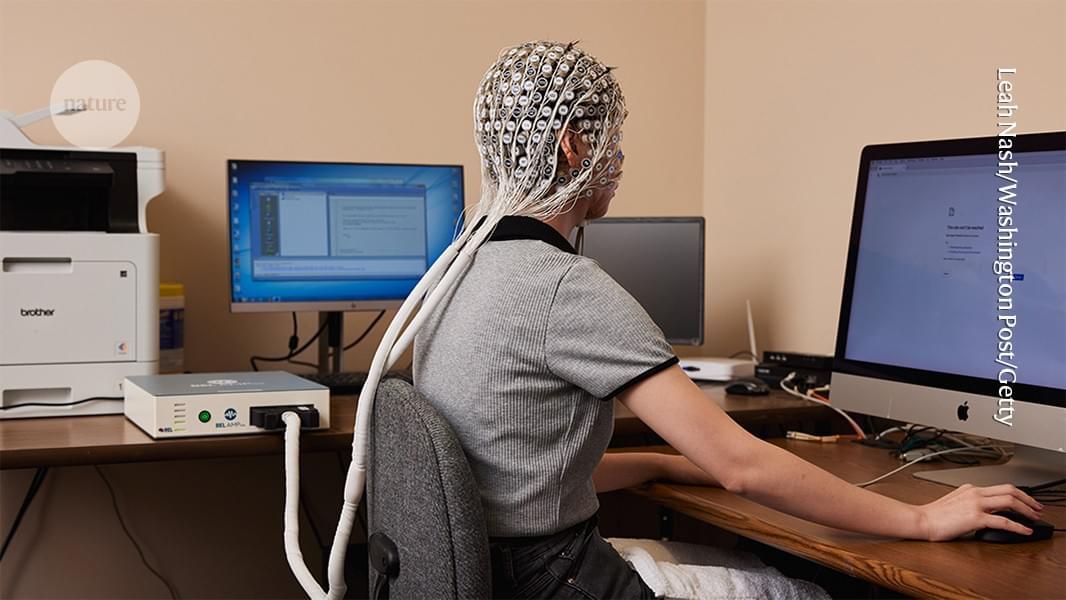

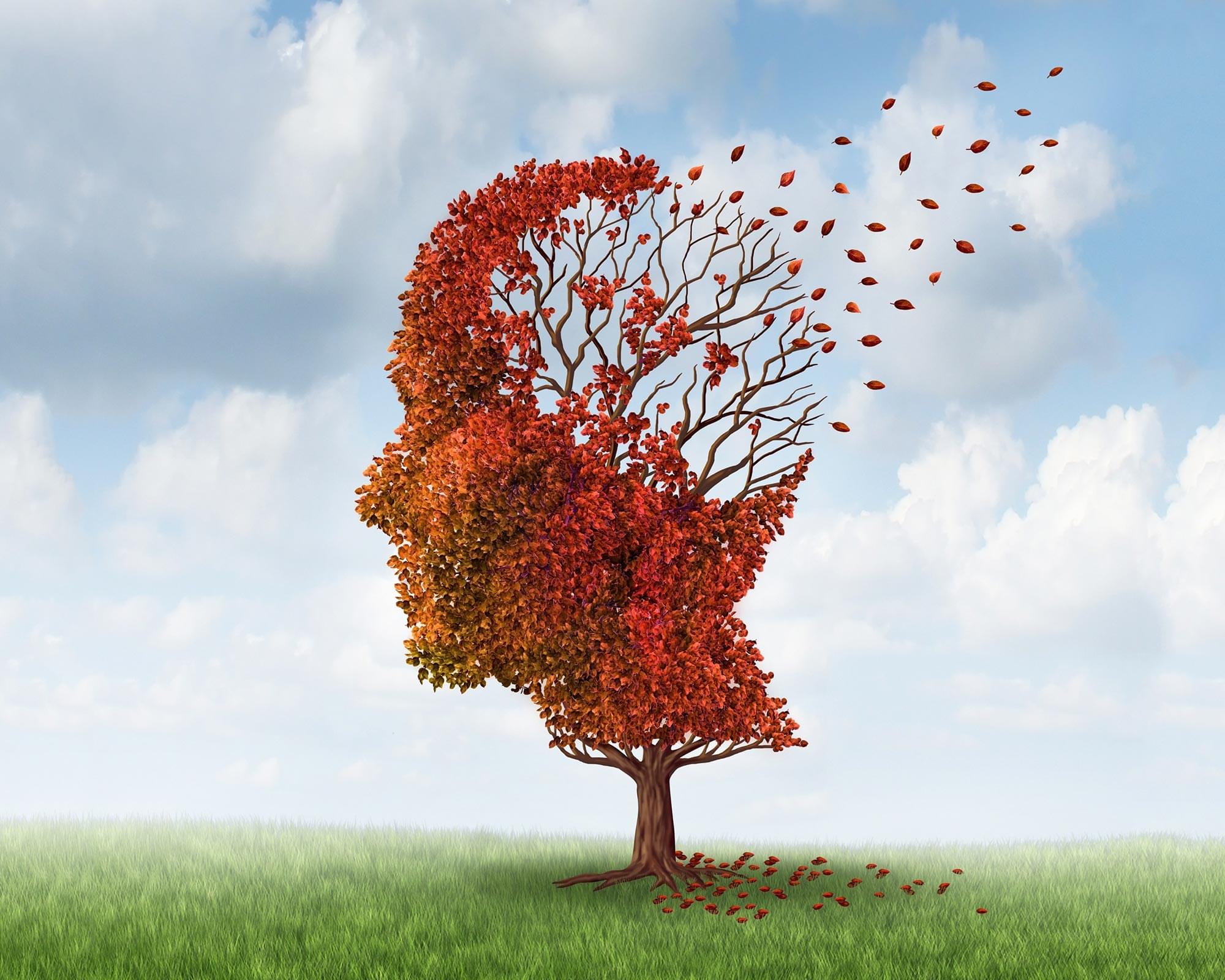
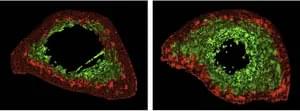
Researchers from the Chinese Academy of Sciences and Capital Medical University utilized gene editing to create senescence-resistant human mesenchymal progenitor cells (SRCs). In a 44-week trial on aged macaques, biweekly intravenous SRC injections induced no adverse effects and spurred multi-system rejuvenation in 10 major physiological systems and 61 tissue types. Treated macaques displayed enhanced cognitive function and diminished age-related degeneration. The SRCs work by releasing exosomes that curb cellular senescence and inflammation. This study presents the first primate-level proof of cell therapy’s safety and efficacy in reversing aging, presenting a potential multi-system approach for human anti-aging research.

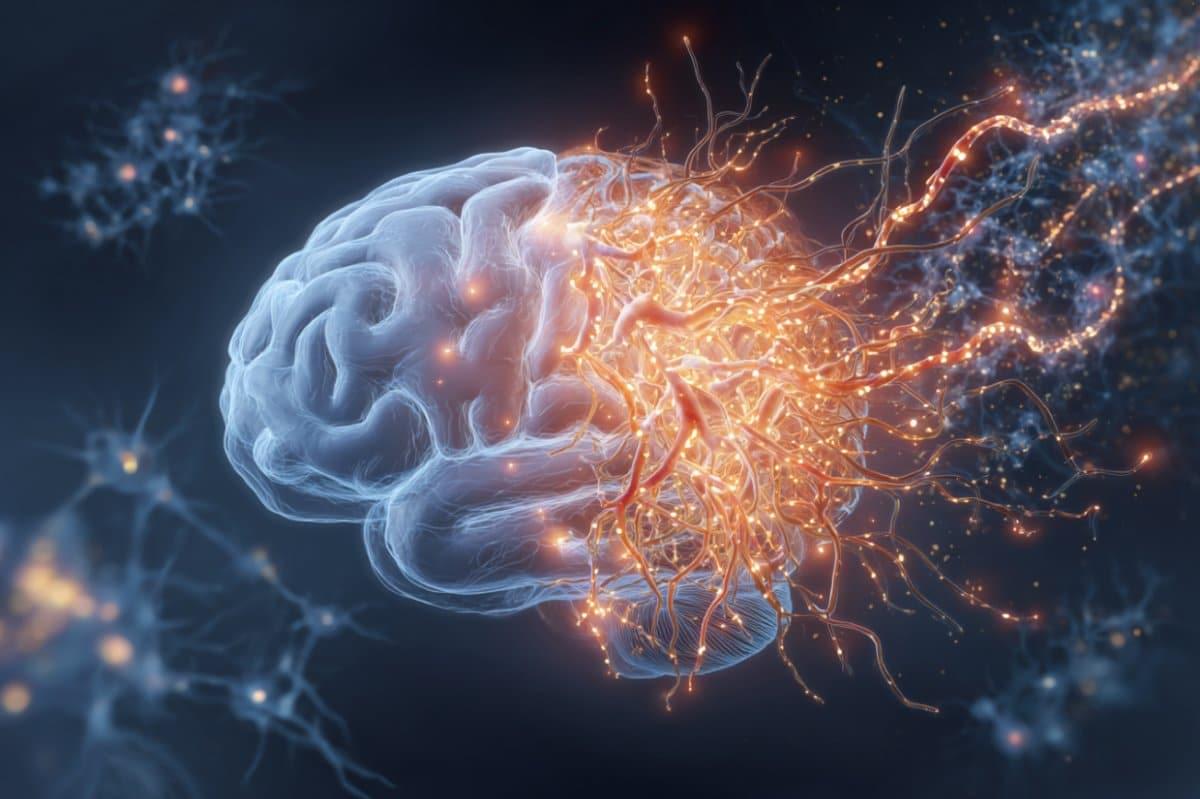
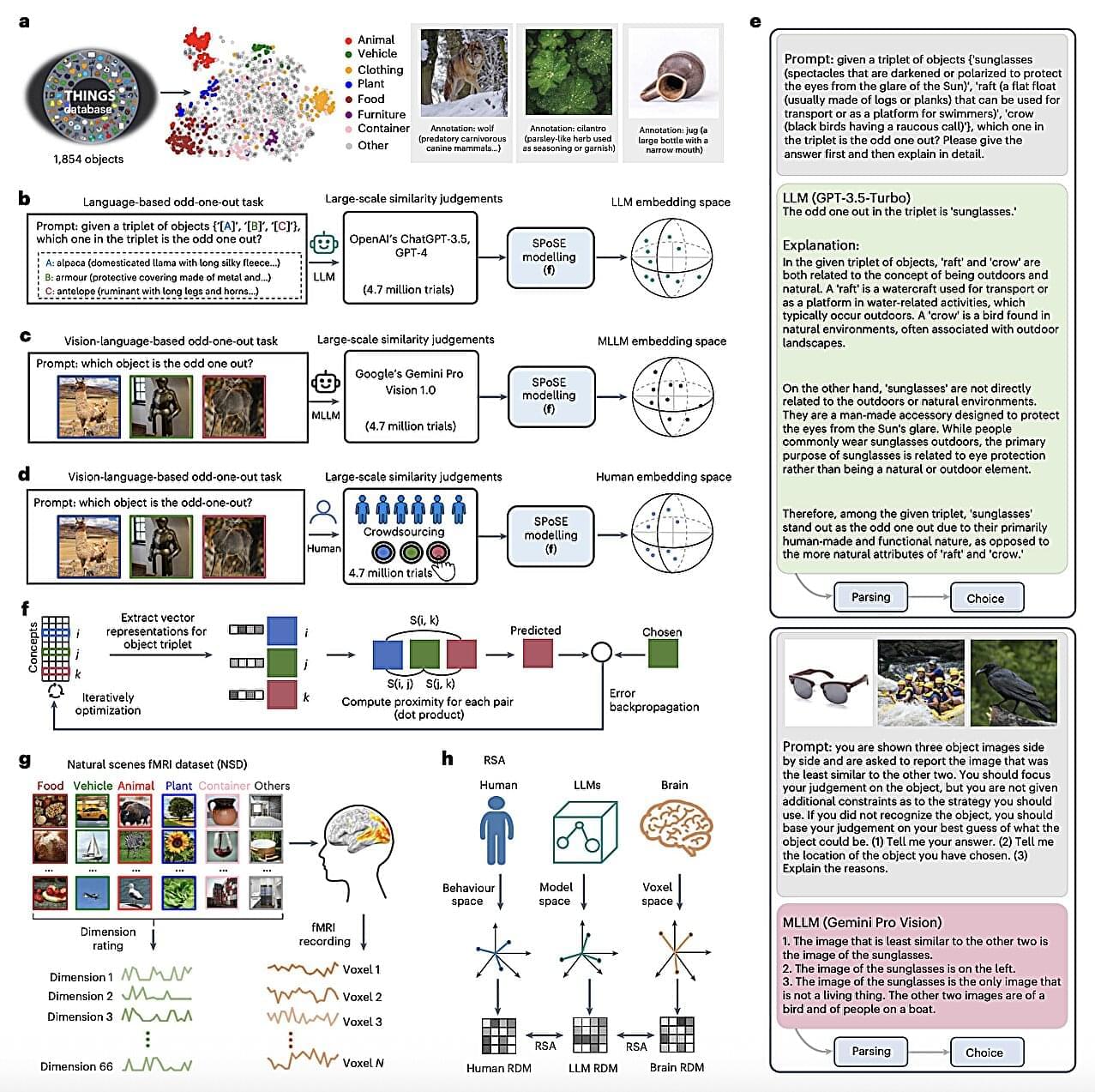
A better understanding of how the human brain represents objects that exist in nature, such as rocks, plants, animals, and so on, could have interesting implications for research in various fields, including psychology, neuroscience and computer science. Specifically, it could help shed new light on how humans interpret sensory information and complete different real-world tasks, which could also inform the development of artificial intelligence (AI) techniques that closely emulate biological and mental processes.
Multimodal large language models (LLMs), such as the latest models underpinning the functioning of the popular conversational platform ChatGPT, have been found to be highly effective computational techniques for the analysis and generation of texts in various human languages, images and even short videos.
As the texts and images generated by these models are often very convincing, to the point that they could appear to be human-created content, multimodal LLMs could be interesting experimental tools for studying the underpinnings of object representations.
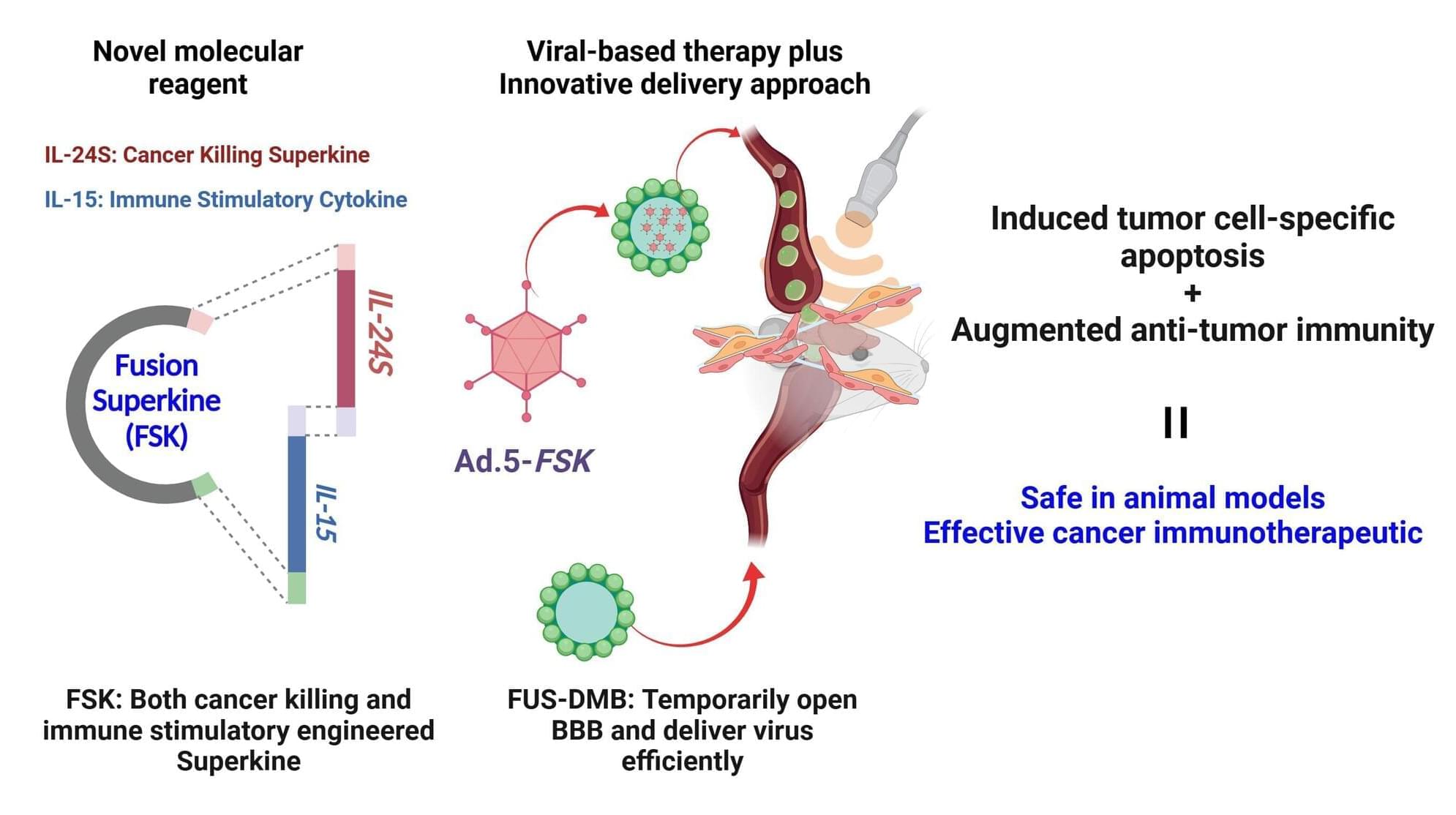
Researchers at VCU Massey Comprehensive Cancer Center and the VCU Institute of Molecular Medicine (VIMM) have discovered a new and potentially revolutionary way to treat glioblastoma (GBM), the most aggressive type of brain cancer, which currently has no curative treatment options.
In a study led by Paul B. Fisher, MPh, Ph.D., FNAI, and Swadesh K. Das, Ph.D., recently published in the Journal for ImmunoTherapy of Cancer, researchers created a new molecule that demonstrates the ability to introduce a combination of treatment outcomes—direct toxicity and immunotoxicity—to kill the tumor while exploiting immunotherapy to potentially prevent the recurrence of GBM. The new molecule, a fusion superkine (FSK), contains dual-acting therapeutic cytokines in a single molecule.
“This is the tip of the iceberg,” said Dr. Fisher, the Thelma Newmeyer Corman Endowed Chair in Cancer Research at Massey, director of the VIMM and professor in the Department of Cellular, Molecular and Genetic Medicine. “We’re optimistic that our first trial in brain cancer, planned for 2026, will show that the IL-24 gene and these therapeutic viruses are effective and safe. And [the FSK] will be the one knocking it out of the ballpark.
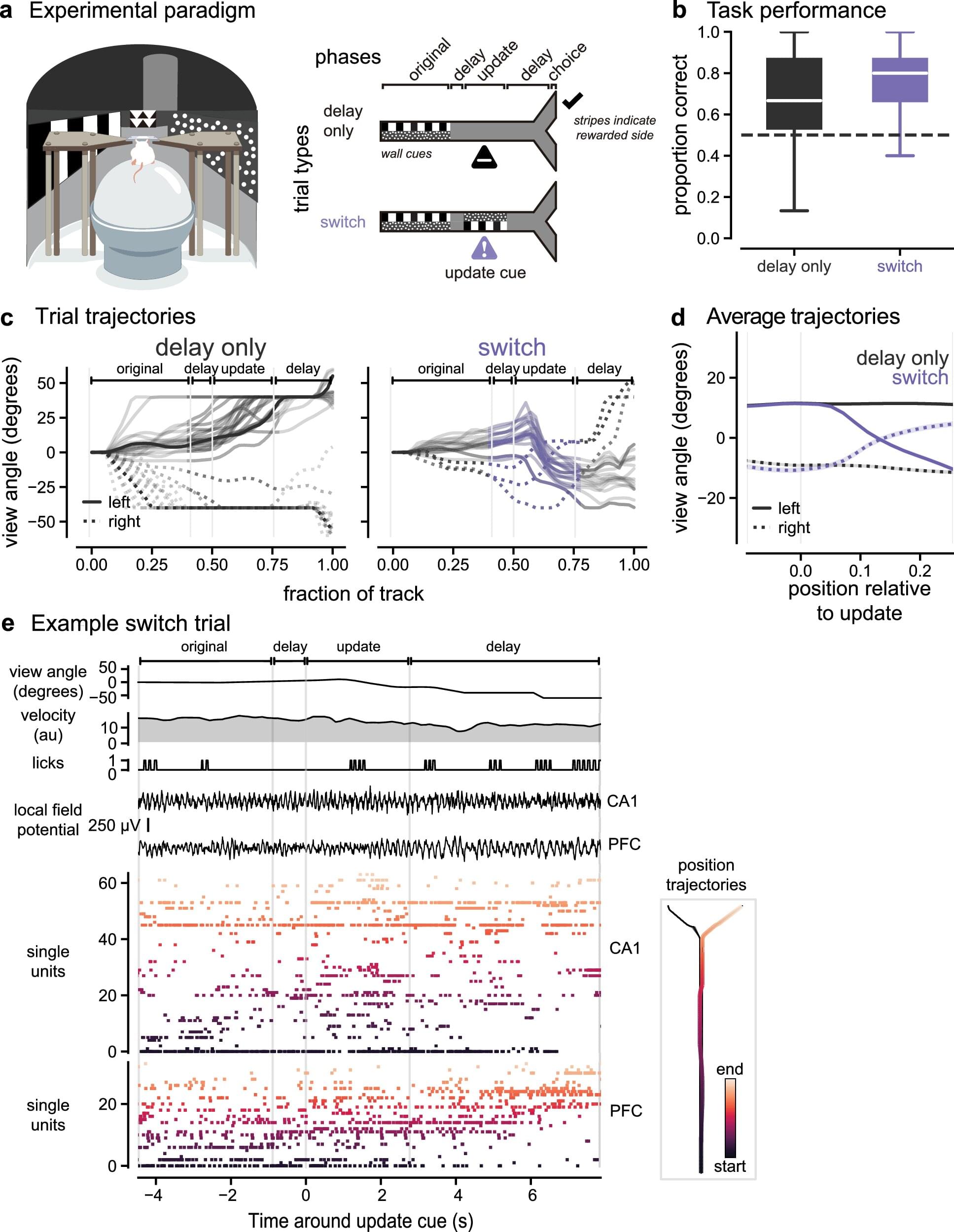
In a paper published in the journal Nature Communications, biomedical engineers have shown how two brain regions quickly adapt to shift focus from one planned destination to another.
Stephanie Prince explains her research with a scenario many Atlantans can relate to. Imagine you’re driving to the Atlanta airport to pick up a friend. They call to say they’re in the terminal—but they’re not sure which one. North, maybe? You head in that direction through the maze of roads around the airport.
Then they call back. They’re actually in the South Terminal. So you make a quick mental adjustment and switch your route to arrive at the correct side of the airport.
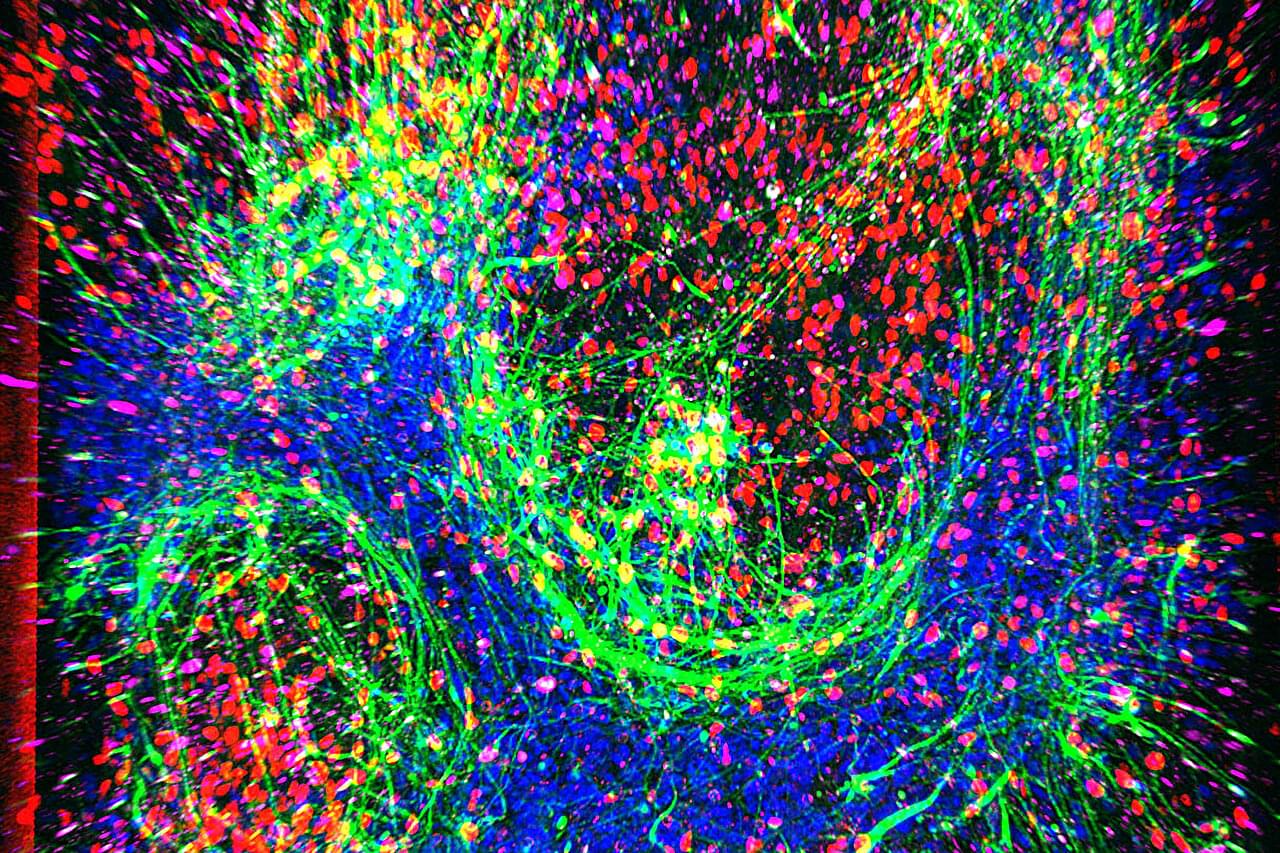
Using stem cells from patients with ALS (amyotrophic lateral sclerosis), Cedars-Sinai has created a lifelike model of the mysterious and fatal disease that could help identify a cause of the illness as well as effective treatments.
In a study published in the journal Cell Stem Cell, investigators detail how they created “ALS on a chip” and the clues the specialized laboratory chip has already produced about nongenetic causes of the disease, also known as Lou Gehrig’s disease.
The work builds on previous studies where adult cells from ALS patients were reverted into stem cells. The cells were then pushed forward to produce motor neurons, which die in the disease, causing progressive loss of the ability to move, speak, eat and breathe.
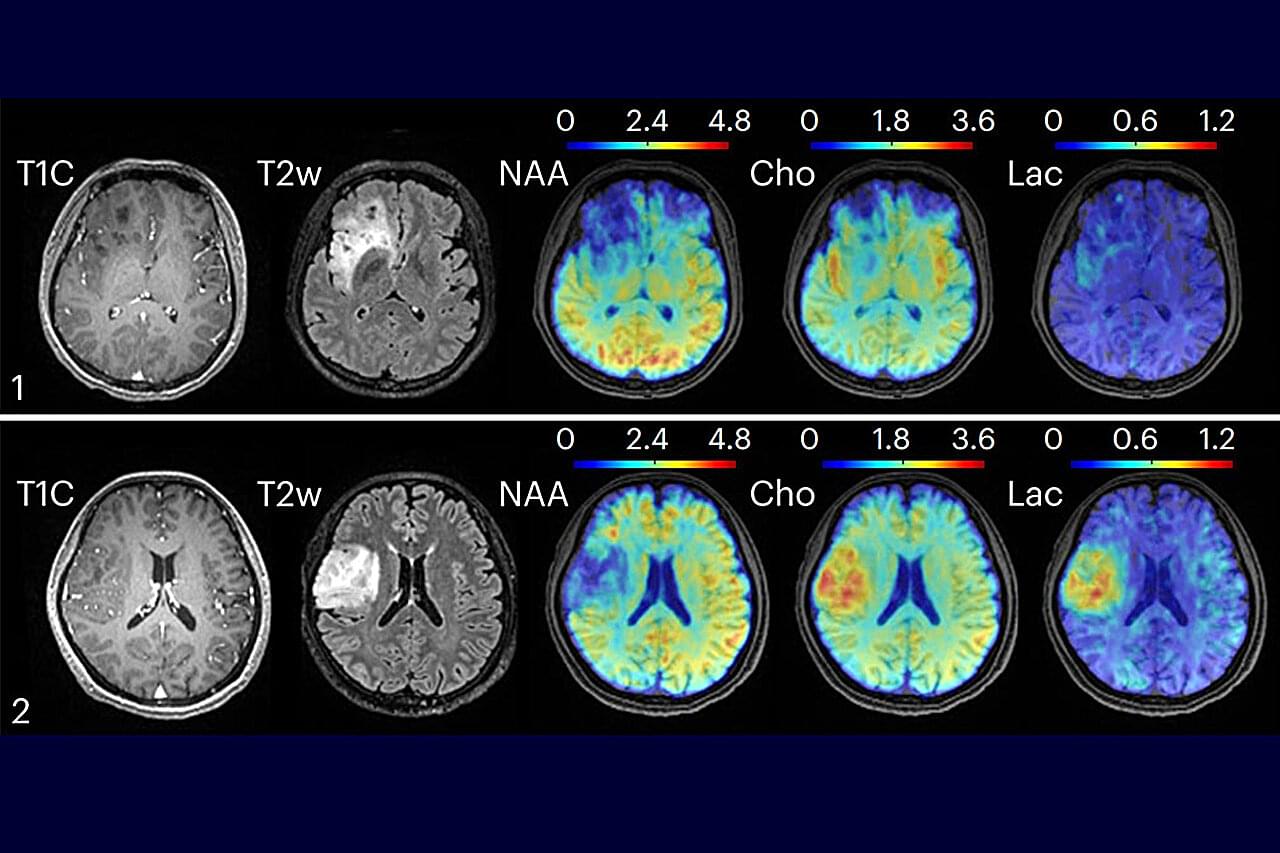
A new technology that uses clinical MRI machines to image metabolic activity in the brain could give researchers and clinicians unique insight into brain function and disease, researchers at the University of Illinois Urbana-Champaign report. The non-invasive, high-resolution metabolic imaging of the whole brain revealed differences in metabolic activity and neurotransmitter levels among brain regions; found metabolic alterations in brain tumors; and mapped and characterized multiple sclerosis lesions—with patients only spending minutes in an MRI scanner.
Led by Zhi-Pei Liang, a professor of electrical and computer engineering and a member of the Beckman Institute for Advanced Science and Technology at the U. of I., the team reported its findings in the journal Nature Biomedical Engineering.
“Understanding the brain, how it works and what goes wrong when it is injured or diseased is considered one of the most exciting and challenging scientific endeavors of our time,” Liang said. “MRI has played major roles in unlocking the mysteries of the brain over the past four decades. Our new technology adds another dimension to MRI’s capability for brain imaging: visualization of brain metabolism and detection of metabolic alterations associated with brain diseases.”